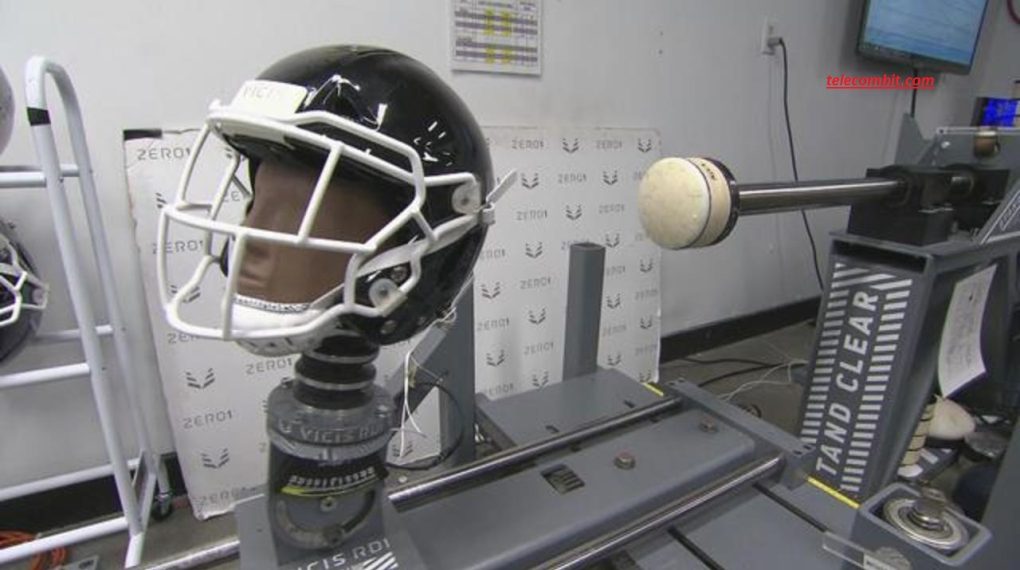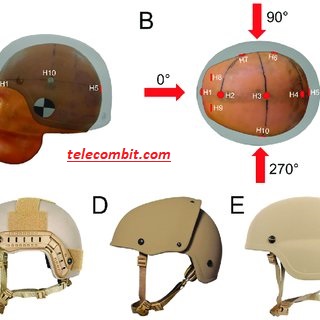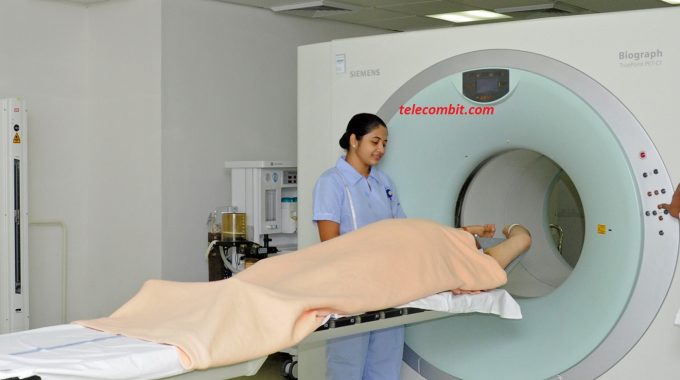A Ballistic Helmet’s Pads Are Essential To Safeguard Against Traumatic Brain Injury
A ballistic helmet serves as a critical protective gear for individuals working in high-risk environments, such as military personnel, law enforcement officers, and firefighters. While the outer shell of the helmet provides ballistic resistance, the inner components, particularly the helmet pads, play a vital role in safeguarding against traumatic brain injury (TBI). This article explores the significance of ballistic helmet pads in mitigating TBI risks, their construction and materials, and the impact they have on user comfort and overall helmet effectiveness.

Understanding Traumatic Brain Injury (TBI)
Traumatic Brain Injury (TBI) refers to severe damage to the brain caused by external impact or force. In high-risk professions, such as combat or emergency response, the risk of head injuries is substantial. TBI can result in long-term cognitive impairments, physical disabilities, and even fatalities. Therefore, the importance of effective protective measures, such as ballistic helmets, cannot be overstated.

The Role of Ballistic Helmet Pads in TBI Mitigation
The helmet pads serve as the inner lining of a ballistic helmet and act as a shock-absorbing barrier between the wearer’s head and the helmet shell. Their primary function is to minimize the energy transfer from an impact to the skull, thereby reducing the risk of brain injury. These pads are strategically placed to cover critical areas, such as the crown, sides, and back of the head, providing comprehensive protection.

Construction and Materials of Ballistic Helmet Pads
Ballistic helmet pads are constructed using advanced materials that offer both comfort and impact resistance. Commonly used materials include memory foam, expanded polypropylene (EPP), and thermoplastic elastomers (TPE). Memory foam molds to the wearer’s head, providing a customized fit and optimal pressure distribution. EPP possesses excellent shock absorption properties, dissipating impact energy effectively. TPE materials offer flexibility and durability, ensuring prolonged use in demanding conditions.

What is /jdbb0tvya3y and Why Should You Care
Optimizing Helmet Comfort and Fit
Proper helmet comfort and fit are crucial for extended usage without compromising safety. The design of ballistic helmet pads takes into account factors such as ventilation, moisture-wicking properties, and adjustability. Strategically placed vents enhance airflow and prevent excessive heat buildup, promoting wearer comfort. Moisture-wicking properties in the pads help manage perspiration, keeping the wearer dry and reducing the risk of skin irritation. Adjustable pads allow users to achieve a personalized fit, ensuring stability and minimizing helmet movement during strenuous activities.

Impact on Helmet Effectiveness and User Safety
The quality and effectiveness of ballistic helmet pads directly impact the overall performance of the helmet in mitigating traumatic brain injury. Well-designed and properly fitted pads enhance the helmet’s ability to absorb and disperse impact energy, reducing the transmitted force to the wearer’s head. By effectively reducing the acceleration experienced by the brain during an impact, the risk of TBI can be significantly minimized, improving user safety in high-risk scenarios.

Conclusion:
Ballistic helmet pads play a critical role in protecting individuals from traumatic brain injury in high-risk professions. Their strategic placement, advanced materials, and ergonomic design contribute to both user comfort and overall helmet effectiveness. By effectively absorbing and dispersing impact energy, these pads help mitigate the risk of TBI, ensuring the safety and well-being of those working in dangerous environments. Choosing a ballistic helmet equipped with quality pads is essential to provide optimal head protection and minimize the potential long-term consequences of traumatic brain injury.






